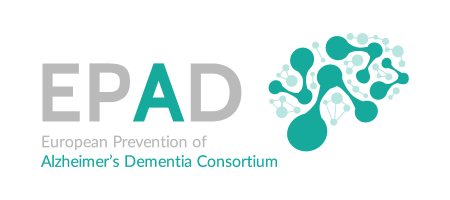“Ethical Frameworks for Disclosure of Alzheimer Disease Biomarkers to Research Participants: Conflicting Norms and a Nuanced Policy”

Authors: Eline M. Bunnik, Marthe Smedinga, Richard Milne, Jean Georges, Edo Richard, Maartje H. N. Schermer
Abstract: More and more frequently, clinical trials for Alzheimer disease (AD) are targeting cognitively unimpaired individuals who are at increased risk of developing the disease. It is not always clear whether AD biomarker information should be disclosed to research participants: on the one hand, research participants may be interested in learning this information because of its perceived utility, but on the other hand, learning this information may be harmful, as there are very few effective preventive or therapeutic options available for AD. In this article, we bring together three separate sets of ethical guidance literature: on the return of individual research results, on an individual’s right to access personal data, and on transparent enrollment into clinical trials. Based on these literatures, we suggest policies for the disclosure of AD biomarker test results in longitudinal observational cohort studies, clinical trials, and hybrid research projects, such as the European Prevention of Alzheimer’s Dementia (EPAD) project, in which we served as an ethics team. We also present and critically discuss recommendations for disclosure of AD biomarkers in practice. We underscore that, as long as the clinical validity of AD biomarkers remains limited, there are good reasons to avoid actively disclosing them to cognitively unimpaired research participants.
DOI: 10.1002/eahr.500146
Published online: 31 October 2022 in the Journal Ethics & Human Research
